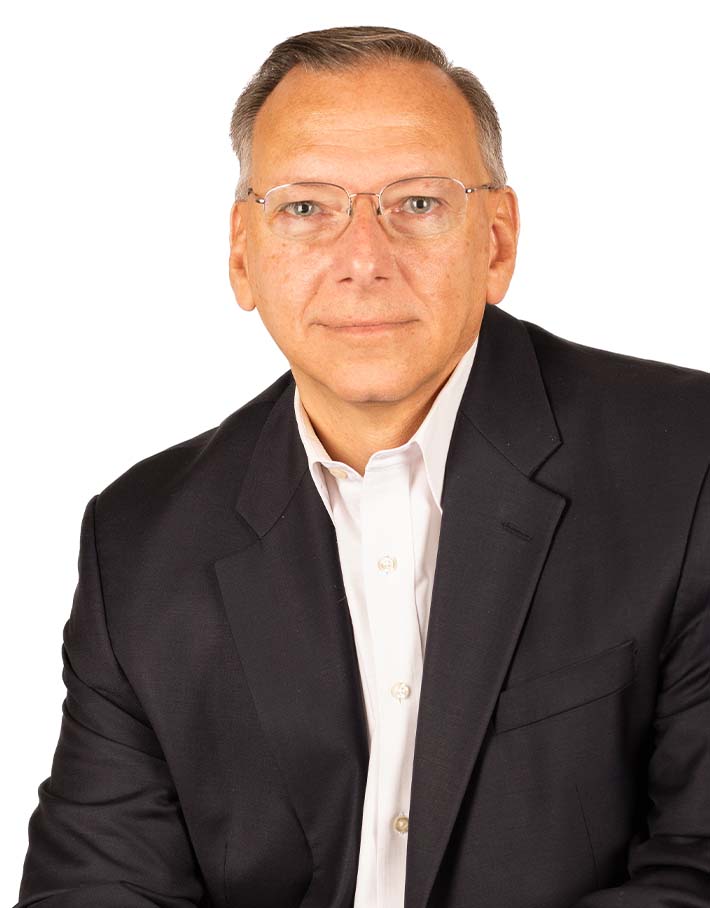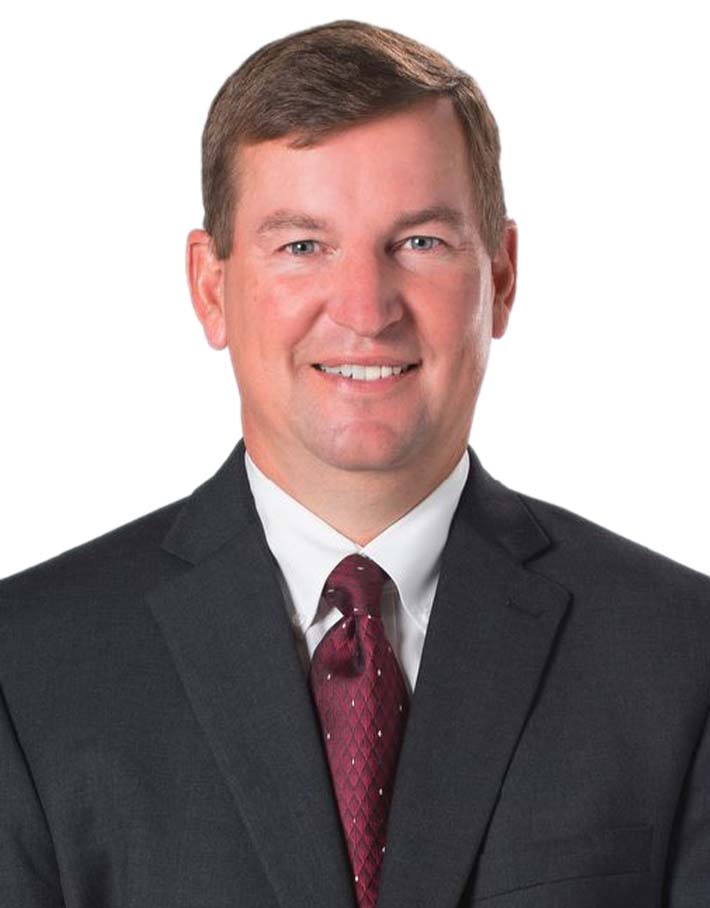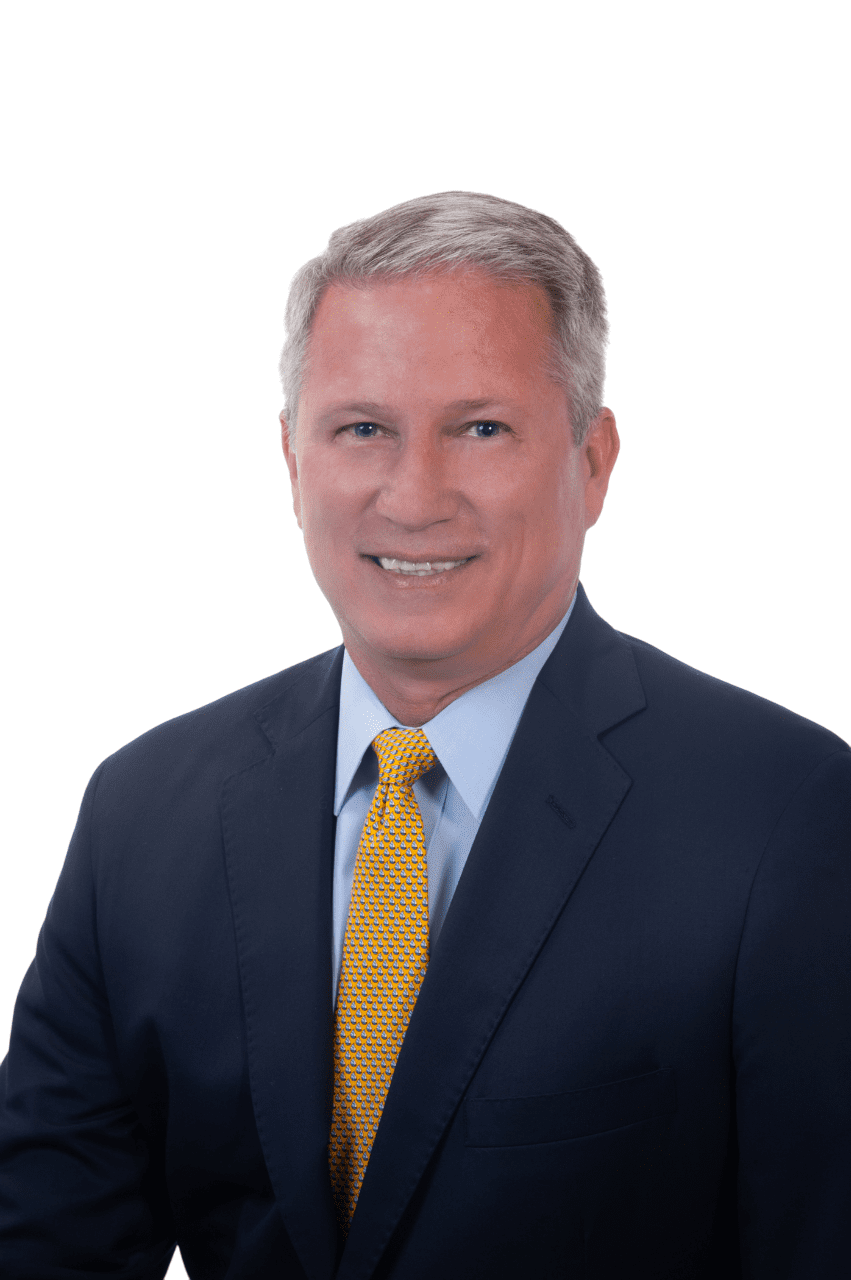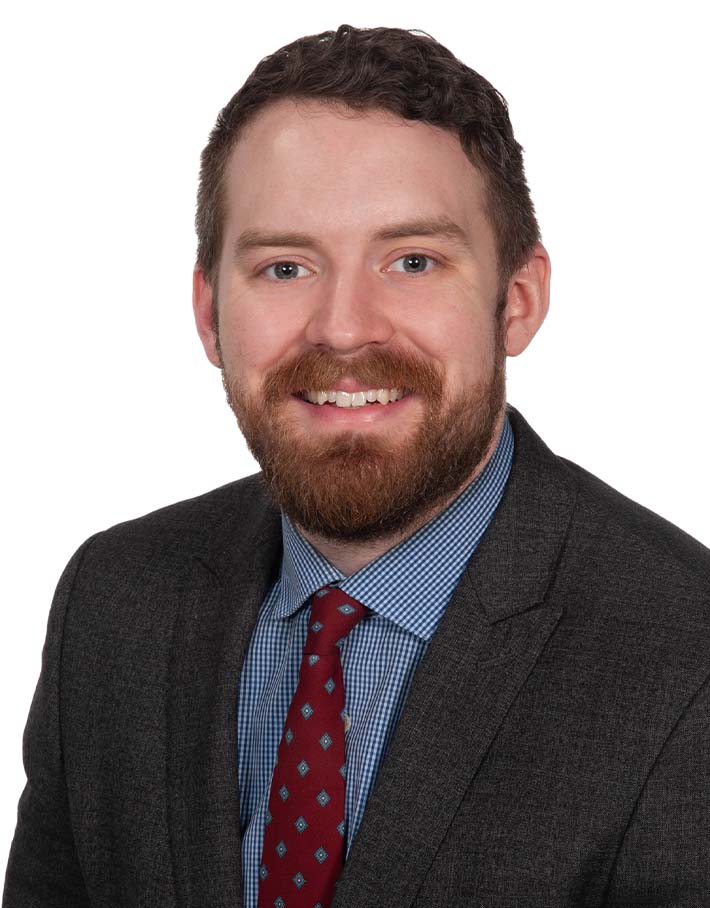Outsourcing Initiatives Can Save Time and Money – Is It Right for Your Firm?
By Pete McAteer, Jeff Gearhart, Cody Davis and Jeff Wilk
Subscribe to our original industry insights
In today’s financial services industry, firms continue to update their technology stacks, implement new platforms and become more efficient to narrow the competitive gap. But doing all of these things can put a strain on company resources, and requires expertise that just may not be available in-house.
In this Oyster Stew podcast, Oyster Consulting experts Pete McAteer, Jeff Wilk, Cody Davis and Jeff Gearhart share their insights on when it makes sense to leverage a consulting firm to help with initiatives outside the regular scope of your day-to-day business (including some projects you may not have thought about), and what can make it a success.
Transcript
Transcript provided by TEMI
Libby Hall: Hi, and welcome to the Oyster Stew podcast. In today’s financial services arena, firms continue to update their technology stacks, implement new platforms, and become more efficient in an effort to narrow the competitive gap. But doing all of these things can put a real strain on company resources and require expertise that just may not be available in house. In today’s podcast, experts, Pete McAteer, Jeff Wilk, Cody Davis, and Jeff Gearhart share their insights on when it makes sense to leverage a consulting firm to help with these initiatives, and some projects you may not even have thought about, and what it takes to make those a success. Let’s get started. Pete.
Pete McAteer: Thank you, Libby. This is Pete McAteer, Managing Director here at Oyster. I’ve been close to nine years now and I’ve been fortunate enough to run a lot of large engagements here at Oyster during my tenure. With me today, I’ve got Jeff Wilk, Cody Davis, and Jeff Gearhart. We all know that labor markets are tight these days. It’s hard to find qualified candidates to fill our day to day roles, much less people to fill project roles. We’ll talk about how firms can take advantage of outsourcing to help with the day-to-day volumes or perhaps just provide that objective outsourced consulting practitioner view. Jeff Wilk, are there instances where firms can get some relief on the vendor selection front?
Jeff Wilk: Hey Pete, that’s a great question. When you come down to looking at a vendor selection process, I generally say there’s about three different ways of looking at how you could benefit from using a firm like ours to help you in that process. And it comes down to expertise, resources, and independence. But let me focus on the expertise piece of it. Particularly in the digital space, with such a wide range of FinTech solutions that are out there today, there’s really no one organization that typically has all of the expertise in house that can keep track of all of the different software providers, applications, and the integrations of those on an ongoing basis. Whereas when you work with a firm like Oyster, we’ve got that specialized depth of knowledge. We know the competition, we know the industry platforms that are out there and to a large degree, we also know the principals at those firms as well. So we get a lot of insight. We have great connections that can actually help in the end negotiation process as well.
Pete McAteer: Cody, we know advisors move around quite a bit. Can you talk to us a bit about how the right consulting firm can facilitate the transition process for the advisors to mitigate and minimize the disruption for their clients and their practices?
Cody Davis: So when you’re transitioning from an old financial planning software to a new financial planning software, it’s going to take some time to learn the new financial planning software at Oyster. We have experts who know the software programs, so you can feel comfortable while having us input the data, knowing that the plans are going to be accurate. And you can spend more time learning the software because now you’ve got this new software platform. It’s really going to be important that you take the time to really learn the ins and outs of it so you can feel comfortable using it moving forward. Additionally, there are a couple of other ways that advisors can utilize the right consulting firm when they transition to a new firm. One is advisor mentoring – with this, an expert who knows the software very well can teach you how to implement it into your practice.
Additionally, there’s a couple of other services that we do provide that can help advisors that are transitioning to a new firm. Maybe you have advanced features that you’re struggling to learn when you first get this new software. Well, we have experts who know those features, who can teach you how to use them effectively, and make sure that you’re comfortable using the software moving forward. The third part of this is going to be paraplanning. By going to a new firm where you have this new software, one option might be that maybe you go out and hire somebody who knows the software really well to do the planning for you. Whereas, if you were to partner with Oyster to do paraplanning services, we can actually take that burden off of you and do the financial plans for you. We will work closely with the advisor and help develop plans that the advisor feels really confident and good about.
Pete McAteer: Cody, in making these switches from one financial planning software provided to another. We understand that there’s capital market assumptions or CMAs that underlie all the calculations that their Monte Carlo simulators provide. These yield varying results with the same data inputs due to those capital market assumptions, being different. Can you talk a little bit about how an outside expert can help advisors make that transition, so that they don’t shock their account holders or investors with differing results?
Cody Davis: Yeah, so I think it’s really important when you first get onto a new financial planning software to take a look at the CMAs and the new software and what you had in the old software and making a comparison to see if there are large differences in this. Additionally, when you go to enter in your plans, or let’s say a third party like Oyster is entering in the plans, if there is a large CMA difference or differences in the other assumptions in the software, maybe inflation, maybe assumptions of turnover, things of that nature, you may end up with very different results in the new software than you had in the old software. The right consultant can work with you to help alter those CMAs. If that’s a decision that you’ve chosen to make. Maybe alter the inflation, match the turnover, try and get the plans as close to what they were in your previous software. Or, if the decision is made moving forward that you like the new CMAs and you like the new assumptions, an expert can help get the results as close as they possibly can to what they were previously.
Pete McAteer: It’s not just outsourcing and plugging in numbers. It’s understanding the impacts of those numbers and the, and the differing software providers. That’s great stuff. Thank you, Cody. Jeff Gearhart, tell us a little bit about some of the not so obvious initiatives where an outside third party objective consulting firm like Oyster can help firms form evaluations or make the better decisions.
Jeff Gearhart: Sure, Pete. We’ve been talking a lot about using our expertise to come in and help accomplish major change or evaluate alternatives, but something to consider and something I’ve experienced in prior roles managing broker dealers, is the stress on your existing team in terms of handling the change and adapting to the change. Something to consider is using outsourcing roles to free up your team, to help adapt to the new standard. And that could be as simple as project management, which we know is critical to making the end goals, but also, you can leverage principal reviews for compliance functions, such as trade surveillance, email reviews, things of that nature. You can also put key people in onboarding functions, freeing up some of the key staff there. If you’re trying to change some of those platforms, even supervisory reviews, principal reviews of trading and sales activity.
And when you’re changing an OMS or an equity trading platform or something of that nature, or even an onboarding system, you want the people that are going to own it and have to live with it in the future, to understand the new role. And as I said, from my prior experience, the biggest risk to a project is not that your team doesn’t understand it. It’s they keep the operation going today and adapt to the change you want to make. So I think that’s probably a key use. And in today’s world, there’s expertise out there and you can tap into it
Pete McAteer: Yeah. With, with the tight labor market, Jeff, there is an economic benefit to outsourcing, whether it’s expertise that you need, but also to backfill and to fortify your team’s ability to manage through projects by outsourcing the day to day as well.
Jeff Gearhart: I think we’ll see more of that as we move forward. Some folks are even outsourcing permanent roles, such as FINOPs and COOs and things of that nature. When it’s pretty much defined what you have to do, there’s a lot to be gained by that. And a benefit that I wish I had known in prior roles is when you hire these experts, they’re seeing other platforms. They’ve seen other shops, they’re bringing a perspective that you can’t possibly have because you haven’t been there yet. That’s one of the things we always want to know, how’s it work somewhere else. Even how much is someone else paying to get this function done? Things like that. You can gain a lot from leveraging these resources.
Pete McAteer: All right. I’m going to switch to a little bit of a panel. Just rotate around and ask a couple of general questions. And I’ll be looking for our panelists here – Jeff, Jeff, and Cody to just give me a few thoughts as I throw these questions out there. First question, what are some of the things to be aware of in engaging a third party?
Jeff Gearhart: I think that’s a good question. And you certainly need to get the expertise to get the benefits of outsourcing. But to make it successful, I think you truly have to empower the resources you’re bringing in and not pigeonhole them, but put them in a position to leverage their knowledge and add value to your team, into the project that’s in place. So clearly define the role and empower them.
Pete McAteer: Thanks, Jeff. Jeff Wilk?
Jeff Wilk: Pete, when considering a firm to bring in to help you with an initiative, I think one of the things that you’ve got to keep in mind is how to avoid that concept of chasing after the shiny new object. All too often, firms are really focused in, let’s say, from a technology perspective on looking at the new functionality that they’re searching for, functionality they may need or want, or are striving for as part of their strategy roadmap down the road. And they don’t look beyond that. And what I mean by that is in addition to looking for the functionality you want, an external firm who knows these different platforms can also help you identify some of the functionality. You may not be thinking of what you don’t necessarily want, or if you bring it on board, you’ve got to be mindful of it to understand what that means. What does it take to manage that functionality? Do you need entitlements? Do you need to turn things on or off based on who your user base is? So I think when you’re considering bringing a firm in for these things, it’s not just about what you know, oftentimes it’s about what you don’t know, that a firm on the outside who has seen it before can help you identify pretty quickly.
Pete McAteer: Thanks Jeff.
Jeff Gearhart: Pete, on this topic, here’s something else to consider, something to ask. We’re talking about how to make these arrangements work. Too often, I think folks take a body shop approach where they want to just bring in an employee to help fill a gap. But I think we all know a new employee takes time, effort, and resources. Actually it creates a lot of stress on everybody to get that person up to speed. If you engage the right person to come in, who knows the process already, they can be more effective, get up to speed much more quickly and add value back to your team. So it’s important not to take the body shop approach for some of these key functions. That’s why you really want to look for the expertise and the knowledge. And I think that’s a differentiating factor.
Pete McAteer: Thanks, Jeff. And the last question for the panel – What are those characteristics, those benefits that you can glean from engaging a third party? Jeff WilK?
Jeff Wilk: Pete, that’s a good question. And I would wrap two terms together in terms of what you’re looking for in making a good partner for an initiative such as these. An unbiased facilitator is what I would call it. Somebody who’s unbiased in terms of their perspective, doesn’t have any of the internal kind of sway of one version versus another, one constituent versus another. But somebody who truly brings this unbiased industry perspective into the engagement while at the same time, helping to facilitate all of the different conversations internally. Making sure everybody’s voices get heard. The different perspectives, pros and cons, are surfaced and debated as needed or necessary. And then ultimately bring it back down to that neutral party decision making capability and serving all of that up to the organization who ultimately will make their final decision.
Pete McAteer: Jeff Gearhart
Jeff Gearhart: Well, following on those points, I think what makes a great partner is really breadth and depth of resources. You want someone who has sat in that seat before and has made those decisions and can help you through this process. I think it’s also important, in terms of depth of resources. You want someone who can tap into a broader industry perspective from working with other clients and working with other vendors and enhance the overall perspective.
Pete McAteer: Cody Davis
Cody Davis: What makes a good partner? I think in financial planning, one thing is making sure that you keep open communication. With financial plans, it’s a pretty personal thing for clients. They’ve given you all their information, they’re telling you what they really want to accomplish. And we want to make sure that the plan does provide that. I think that when I’m working with advisors, I try and let them know that they can reach out to me at any time to ask any questions on the financial plan. And I’ll be happy to help build in any solutions that they’d like to build for their client. And make sure that they really understand it, so that it can be communicated effectively.
Pete McAteer: So being able to prepare, it’s going back to that advisor mentoring piece where you’re able to help the advisor prepare the story, bridge some gaps and address some of those potential gaps or pitfalls that you’ve identified in the plans.
Cody Davis: Yeah, definitely. I think that with financial planning and software, that there are some nuances that maybe especially if you’re newer to the software, you may not know those nuances. So having somebody who does know those that you can talk to and help explain them to you can be really beneficial, I think, in these types of engagements.
Pete McAteer: Well, thank you all very much. Appreciate your time. And thank you for listening today.
Libby Hall: Thanks everyone for listening. If you’d like to learn more about our extra and how Oyster can help you on your journey to starting your own investment advisor, visit our website@oysterllc.com. If you like what you heard today, follow us on whatever platform you listen to and give us a review. Reviews, make it easier for people to find us. Have a great day.






